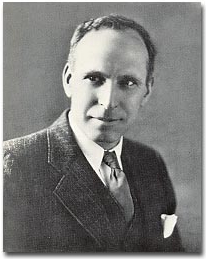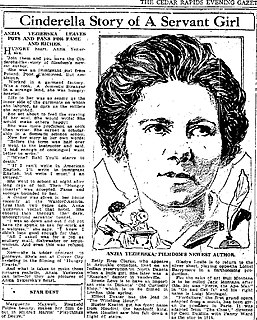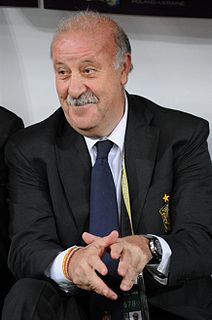A Quote by Roger Nash Baldwin
I always felt from the beginning that you had to defend people you disliked and feared as well as those you admired.
Related Quotes
What Orwell feared were those who would ban books. What Huxley feared was that there would be no reason to ban a book, for there would be no one who wanted to read one. Orwell feared those who would deprive us of information. Huxley feared those who would give us so much that we would be reduced to passivity and egoism. Orwell feared that the truth would be concealed from us. Huxley feared the truth would be drowned in a sea of irrelevance.
Criticism can never instruct or benefit you. Its chief effect is that of a telegram with dubious news. Praise leaves no glow behind, for it is a writer's habit to remember nothing good of himself. I have usually forgotten those who have admired my work, and seldom anyone who disliked it. Obviously, this is because praise is never enough and censure always too much.
Early in my career as a domme, I both admired and feared becoming one of those career dommes. I saw, in myself, and in some other women in that industry, the way that sex work could eclipse the other parts of your personality, the way that I started to feel as if I wasn't qualified to do anything else. I had always known that I wanted to be a writer, and I stopped writing for a time while I was domming; the experience subsumed my other interests, and it scared me. Now, however, I have nothing but admiration for them.
We imagined ourselves as the Sons of Liberty with a mission to preserve, protect, and project the revolutionary spirit of rock and roll. We feared that the music which had given us sustenance was in danger of spiritual starvation. We feared it losing its sense of purpose, we feared it falling into fattened hands, we feared it floundering in a mire of spectacle, finance, and vapid technical complexity.





































